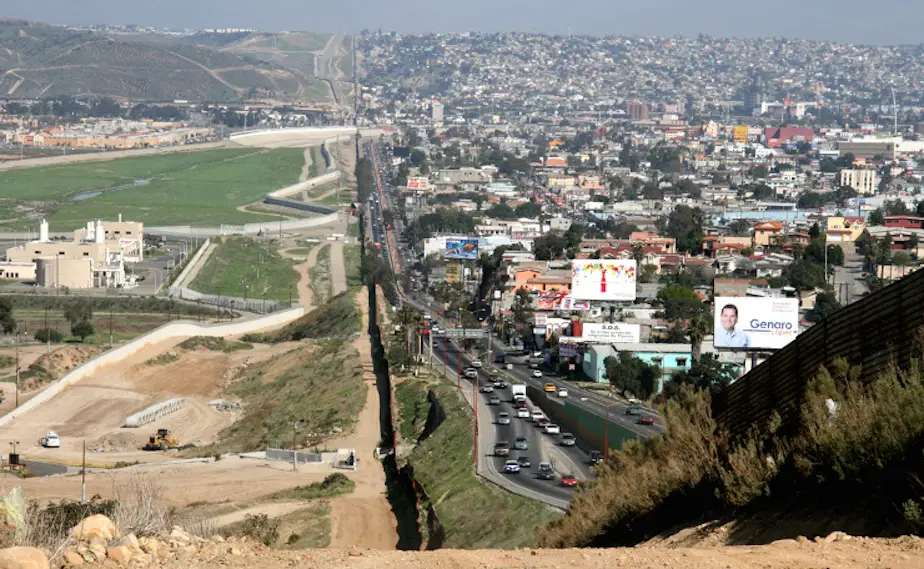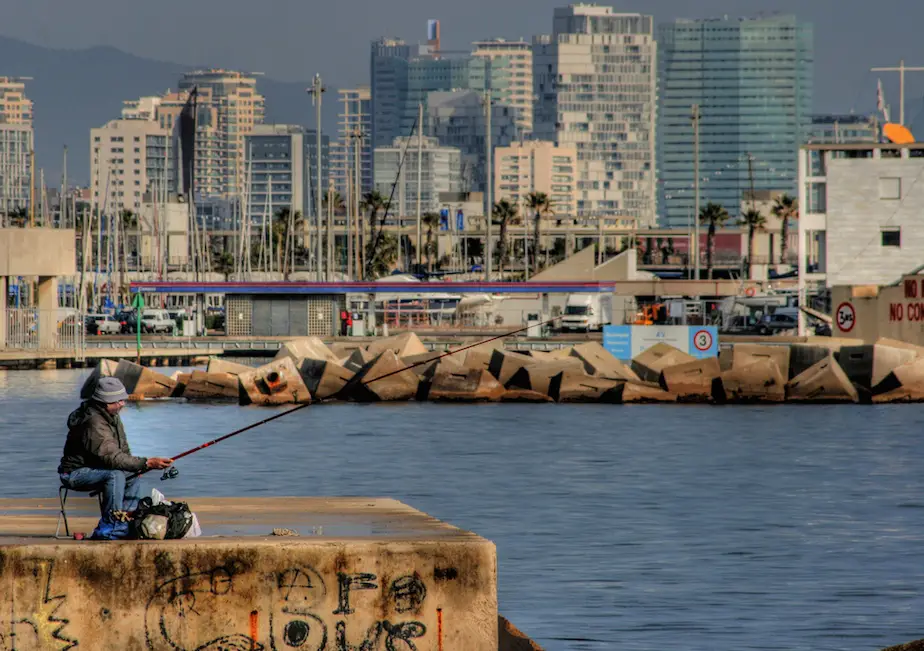Last week @CoxyRidesAgain tweeted me his dream; a cycleway on Brisbane’s Sylvan Road. I replied: “Create an action plan of the things that you can influence & control – ignore the ones you can’t – then let’s meet for coffee”. “Not entirely sure what I can influence or control” he replied. Which got me thinking, if we really want our cycling dreams to be realised we need to work together to make them happen.
My friend Inke works in Hollywood. In the movies every last and final detail is researched to the last degree – no rock is left unturned. Everything that can be researched is researched. So, do bicycle advocates need to act like Hollywood?
I think we do.
Bikeways cost money and their merits are often called into question. If we really want cycling to be a central part of our cities more data is needed to show a direct correlation between a city’s bikeway program and the city’s economy. The fundamental problem we have in Australia is that we need to improve our data collection efforts. Planners, engineers, economists, policy officers, decision makers, community groups and advocates alike, need to increase the quantity and quality of pre and post construction data collected. We also need to develop a consistent methodology to justify and evaluate the benefits. Finally we need to work in partnership with business associations to measure and monitor change, in an objective manner. Without this ‘before’ and ‘after’ evidence cycling, as a transport option, is powerless to compete for government funding.
So let’s start operating bicycle advocacy like Hollywood in 3 easy ways.
- Let’s collect data on how much money people on bicycles spend
Imagine the next time you’re in a café with your bicycle mates that you tot up how much you collectively spend. Imagine your local café tweeting “30 people on bicycles just spent $600 on coffee and brekkie before 7am”. I reckon that would get more traders support for bike lanes.
- Research by Alison Lee in Lygon Street, Melbourne showed that each square metre allocated to bike parking generates $31 per hour, compared to $6 generated for each square metre used for a car parking.
- Let’s ask traders to collect data on how many people arrive by bicycle
Imagine if your local shops converted one unused button on their cash register to record the number of people arriving by bicycle. Imagine the greengrocer, newsagent and café all recording hundreds of people arriving by bike. I reckon that might support the business case for more cycle infrastructure and bike parking in local shopping areas.
- I worked with tourist attractions in the UK. We calculated the number of people arriving by boat, bus and bike. We used their continuous data collection to get funding for new infrastructure, things like new bus stops and bicycle parking.
- Let’s ask people where we live about their bicycles.
Imagine if we all did a bicycle census in our own suburb or street. The 2012 Australian Local Government cycling participation survey told us that just over half of all households had access to a working bicycle.
Imagine if we asked people in the street where we live about their bikes and if their bikes are in good working order. I reckon together we could start to more accurately calculate the actual latent demand for bicycling in each suburb.
- I worked with schools in Cornwall to set up a system to collect journey to and from school data each and every month. The 5 minute process meant that schools had real data for numeracy projects and Council had hard evidence to justify new footpaths and bikeways.
If we are really passionate about making our suburbs and our cities bicycle friendly and we want cycling to compete for government funding then we need to create action plans – or a little list – of the things that we can influence & control and ignore the ones we can’t. We can all get involved in collecting data – even if it’s only how much we collectively spend at a local café on our Sunday afternoon family bicycle ride. Because bicycle advocates all have a dream: we all want more people cycling and we all want to see our dreams come true.
Rachel Smith is a Principal Transport Planner with AECOM in Brisbane. She is the founder of Cycling Super Highways, creator of We Heart Cycling, co-founder of Lazy Sunday Cycle and part of the BMW Guggenheim Lab.
Photo: Ash Kyd


